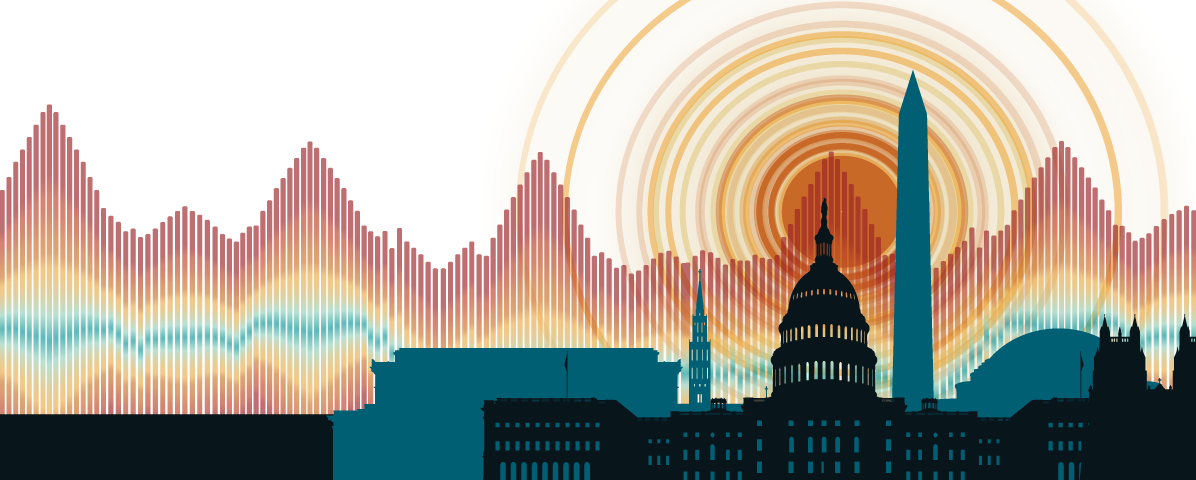A nation must think before it acts.
Our Fall 2022 volume of Orbis concluded the first 65 years of the journal. Ambassador Robert Strausz-Hupe created Orbis at a time of profound geopolitical and technological shocks. The end of the journal’s first epoch, and the dawn of its second age also, has come amidst the backdrop of the shocks of the Fourth Industrial Revolution, the COVID-19 pandemic, and the Russian invasion of Ukraine.
We have selected the overarching label of “aftershocks” as the theme of the Winter 2023 issue-as we see how the tremors marking the early 2020s play out for the long term. The Biden administration’s National Security Strategy, released in October, proclaims that the international system is at an “inflection point” and calls this the “decisive decade” that will determine the shape of the world for the rest of the twenty-first century. (I offer my own thoughts on this strategy, as well as tracing some of its intellectual foundations in the work of Strausz-Hupe and Amitai Etzioni, later in these pages.)
Elbridge Colby, former deputy assistant secretary of defense for strategy and force development, discusses the challenges of deterrence in these new conditions of the 2020s. Asha Castleberry-Hernandez, who served as senior advisor to the assistant secretary of state for Near Eastern Affairs, sketches out the United States response to China’s strategic competition in the Middle East and North Africa. Ash Jain and Matthew Kroenig consider the ways that the United States can operationalize its commitment to reducing dependence on China and shoring up our partnerships through “ally shoring.”
The new National Security Strategy attempts, as Anne-Marie Slaughter has noted elsewhere, to balance traditional geopolitical considerations with emerging transnational threats. Aaron and Nataliya Brantly examine in greater detail the notion of “biopolitics”-how pandemics factor into great power politics. David Cooper, continuing a long-standing Orbis tradition of discussing and debating nuclear issues, updates our 1970s legacy by asking whether the Ukraine crisis has allowed the “stability-instability” paradox to rear “its ugly head” in 2022.
Have the shocks, however, shaken the American foreign policy and national security community out of its adherence to established ways? Christopher Fettweiss and John Mauk share their doubts-Fettweiss in terms of mindset, and Mauk in considering a “broken process” that is unable to prioritize. In this, Mauk’s piece echoes concerns raised by the late Ashton Carter, whose sudden passing this year is a loss for the American strategic community. His 2009 essay for Orbis, 1 about our seeming inability to set priorities for American defense, asks the questions that Wayne Schroeder attempts to answer in his assessment of what sort of defense posture the United States will need in this new era.
Revisiting past eras in US history is also important for the lessons we can learn. Michael Kochin takes us back to the founding and how the Constitutional process addressed the “security dilemma” of the time. Speaking of history, this issue comes out as Orbis’ book review editor, Jakub Grygiel, has released his new work, Classics and Strategy, in which he discusses how classical works offer relevant insights for us in the twenty-first century.
The book reviews for this issue, however, concentrate on a series of current concerns: Mark Moyar reviews Stephen Biddle’s work on “nonstate warfare”; Zachary Selden looks at Nicholas Mulder’s assessment of the US use of economic tools, especially sanctions, as a method “other than war” to achieve strategic ends; and Daniel Markey examines Ashley Tellis’s look at nuclear transitions in southern Asia.
Strausz-Hupe opened the first issue of Orbis with the conviction that the United States and its allies would yet prevail in the Cold War. Orbis starts its second epoch by charting possible responses for coping with the challenges of a twenty-first century strategic competition.




